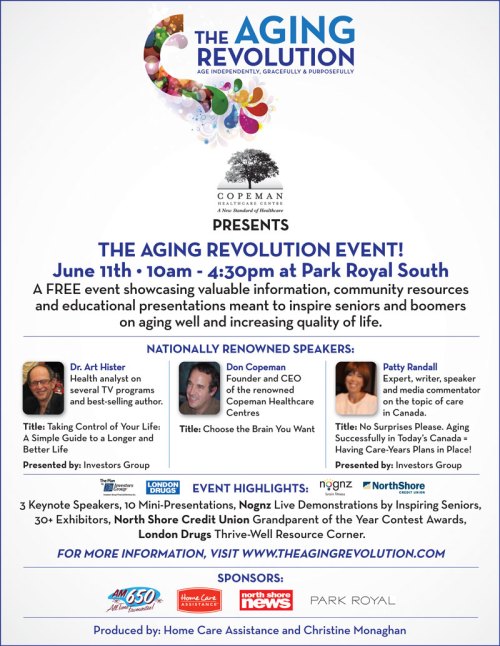Self testing is a good way to quickly assess anyone’s physical and mental fitness, especially that of an elderly parents. It can be an easy way to gauge the level of a person’s physical prowess, which could help determine the likelihood of debilitating falls or accidents as the person gets older. That said, the AARP has come up with 11 exercises for cognitive and physical fitness that you can do right at home.
The persons undergoing these tests don’t even necessarily have to be seniors. It can possibly help assess a younger person’s chances of physical deficiency in later life, although these tests are not the final determinant of that likelihood. As always, a doctor should be consulted prior to determine if the person being tested (especially one who’s elderly) is capable of performing the tests safely.
We’ve included two tests below to help give you an idea of what they involve. Read the rest of the article to get the full details of how the tests should be performed or graded.
WORD COUNT
What it measures: Verbal fluency, mental organization, short-term memory
Test: For one minute, count how many words you can say beginning with the letter F. For another minute, say words starting with A. Then a third minute with S. Add them up. No proper nouns, no repeats, no variations on the same word. (If you say “apple,” you can’t use “apples.”)
Score: On average, people ages 50 to 59 listed 42 words; 60- to 69-year-olds listed 38.5 words; 70- to 79-year-olds, 35 words. Those in their 80s named 29 words, and those ages 90 to 95, 28 words.
Good to know: Unlike some other skills, vocabulary improves up to a fairly mature age, and with education. People in their 40s bested everyone with 44 words, while 16- to 19-year-olds averaged 39 words. Twenty-somethings averaged 41 words. Thirty-somethings averaged 43 words.
STRIKE A POSE
What it measures: Balance
Test: Balance on one foot, eyes closed. Right-handed folk, raise the left foot — lefties, raise the right — about six inches off the floor, bending the knee at a 45-degree angle. Then start the timer. As soon as you sway, open your eyes or touch the floor, stop the clock. Do this test three times and average your score.
Score: 50-year-olds should aim to balance for 9 seconds; 60-year-olds, 7 seconds; 70-year-olds, 4 seconds. 25 to 30-year-olds may balance 28 seconds. 30 to 35-year-olds stand for 22 seconds. 40-year-olds stand for 16 seconds; 45-year-olds, 12 seconds.
Good to know: Your ability to balance is a good indicator of risk of future falls.






